The financing requirement for the food industry is approximately 1 billion euros for Romania to have a chance to rebalance its trade balance, said on Tuesday the general director of the Agency for Financing Rural Investments (AFIR), Adrian Chesnoiu, at a specialized event.
"What is extremely important for us - and I am very committed to this - we have thought of a government program, Romaliment, we have included it in the government program, we have contributed to its development, we have put approximately 1 billion euros in the value of the budget and commitment credits. This is, from my point of view and from the assessment that I have made at the level of the food industry, the financing needs for the food industry, so that we can have a chance to rebalance the trade balance. That is, without these investments - unfortunately we no longer have European funds, we remain on national funds - but from my point of view they must target three forms of investments and they must refer to re-technologicalization, modernization and expansion of existing capacities in order to reduce the time from the moment of granting the financing to the moment of placing on the market the products resulting from the respective investments," Chesnoiu stated.
The head of AFIR told decision-makers that they must understand that you cannot produce and make a profit without investments, and cutting them will not bring benefits.
"I hope that the coming years will be a little more favorable and open to us, that they will give us the opportunity to make these investments, because, in the end, even decision-makers must understand one thing: you cannot produce and make a profit without investments. The fact that we cut investments will not bring us any benefits in the future. Development is done with investments in all sectors all over the world, not just in Romania, and then we must come up with these investments (...) We must think about Romanian producers and Romanian entrepreneurs in agribusiness, because they are people who have contributed enormously to the state budget," he said.
Adrian Chesnoiu also referred to the Investalim program - for which financing contracts can no longer be concluded - and where only 20 beneficiaries were successfully contracted.
"As for Investalim, I really want to contract those we selected first. I don't know if you know, an emergency ordinance was issued that suspends the conclusion of financing contracts on Investalim for the year 2025. Thank God, we managed to contract them before this ordinance was issued. (...) I hope it is not issued for the 2026 budget year and we manage to contract all the remaining beneficiaries. We have only contracted 20 beneficiaries and obviously the commitment credits are trapped in the AFIR budget, but I hope that another regulatory act does not appear that prohibits us from concluding new contracts," he said.
In another vein, the AFIR official stated that official statistics do not really take into account the social component, which is why the share of agriculture in GDP seems small, at first glance.
"You mentioned that Romanian agriculture has been maintaining its upward trend for years as a coefficient compared to GDP growth. I am absolutely convinced that there are certain areas that are not included in official statistics and that is why the influence of agriculture on GDP seems small at first glance, although in reality we must measure a component that is very rarely taken into account in Romania - the social component. You said that pig farms have recorded losses and that since African swine fever the number of animals has decreased. Of course, we evaluate these losses in money, but we must also evaluate them from a social point of view, because the reality of the Romanian village shows that we are still dependent on that subsistence agriculture or that we are not even reaching subsistence agriculture. I would call it an agriculture of ensuring one's own needs, of self-consumption. This subsistence sounds like this... that we are on the edge of the abyss and we have little left and we die. No, on the contrary. The mentality and genetics, the gene of the Romanian peasant says that they must ensure their own food in their own household (...)," he added.
The Romaliment program is a 1 billion euro state aid scheme for investments in re-technologizing, modernization and expansion of processing units.
The General Director of the Rural Investment Financing Agency, Adrian Chesnoiu, participated, on Tuesday, at the ZF Agrobusiness Summit 2025: Agriculture: from food to business.

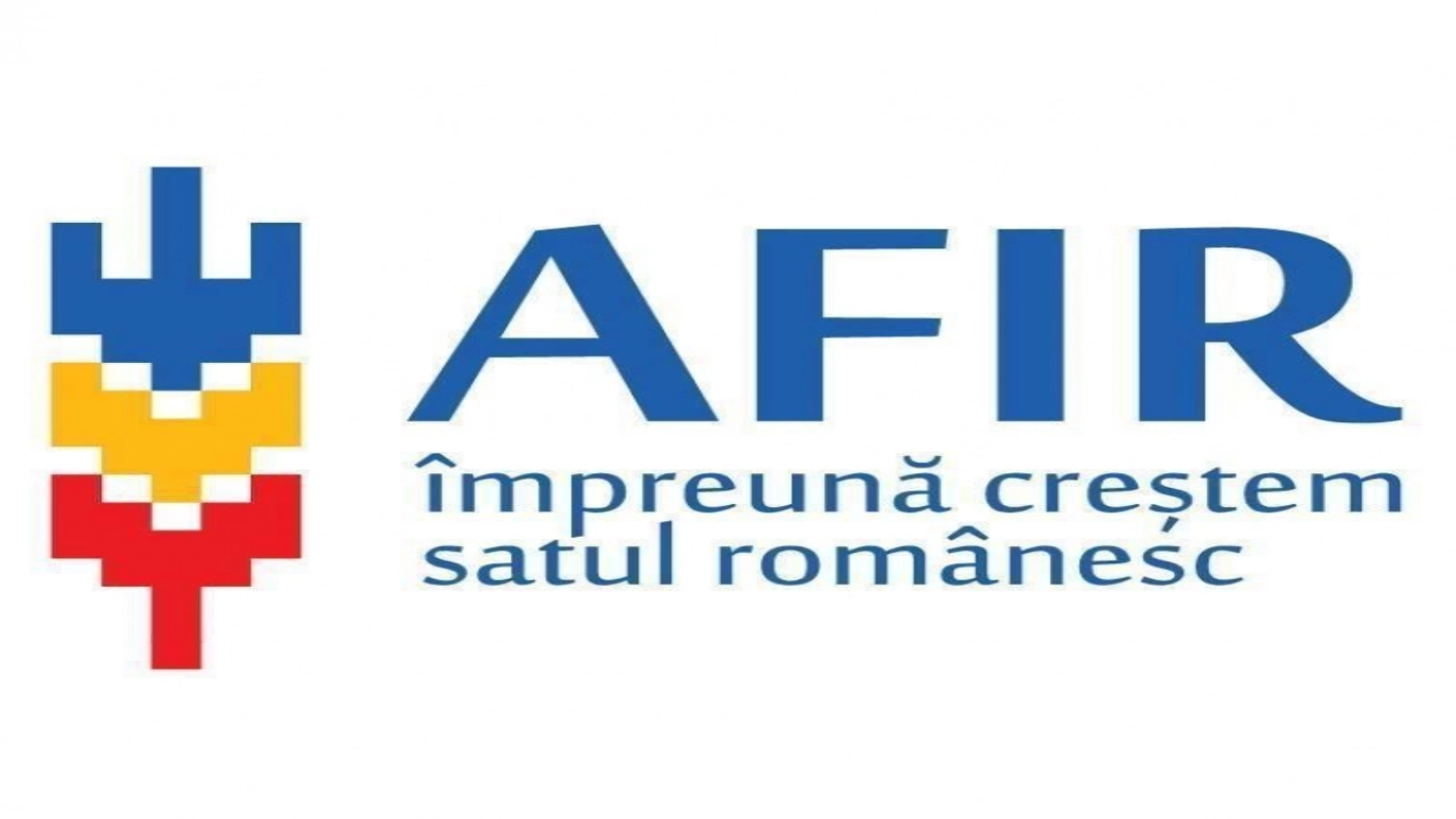



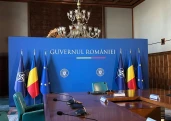
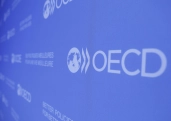


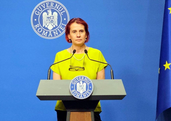







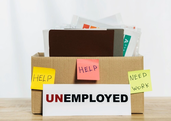






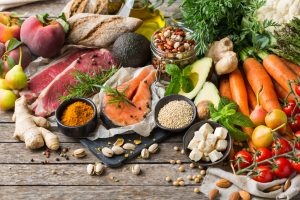



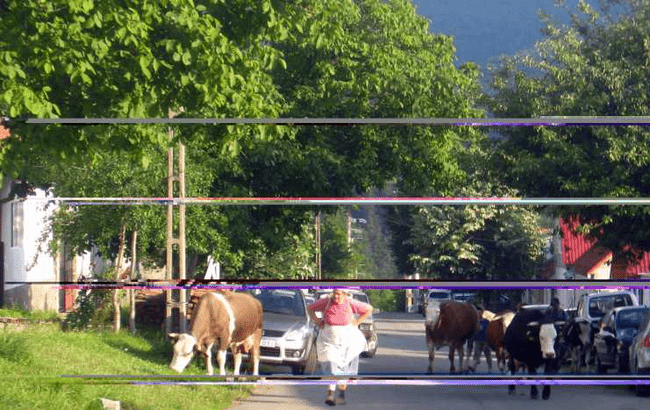


Comentează